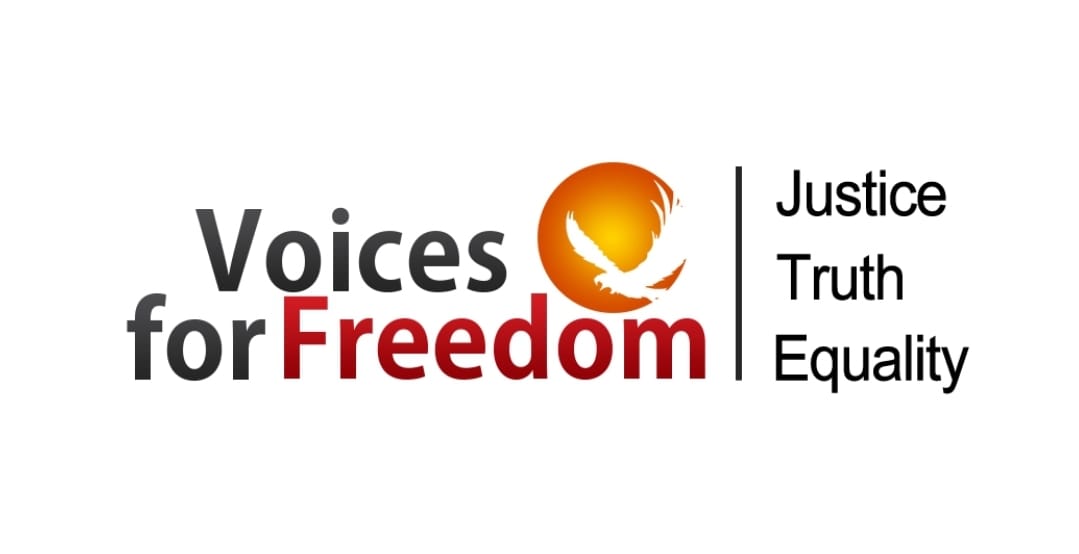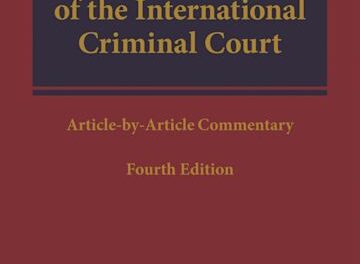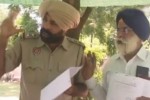10th December 2009, New York, NY: On this Human Rights Day, which coincides with the twenty-fifth year commemoration of the Black November 1984, when thousands of Sikhs were killed in Delhi and other parts of India, Voices for Freedom, makes a two-pronged appeal –one to the youth of Panjab and second to the international community.
It is time for the youth of Panjab, the young Sikh to learn more about human rights. It is time to prepare oneself with a thorough understanding of how international human rights mechanisms work, how governments act when they trample and violate rights and how to respond to it in a peaceful and democratic manner.
In the last phase of our struggle, while we may have succeeded in internationalizing the cause of torture, involuntary disappearance of Sikhs in Panjab at some level, harassment, and self-determination, much still remains to be done. It’s important to be aware of these issues and secondly act upon them in our little spheres of life.
On this Human Rights Day, the Sikh youth may begin with learning more about and understanding the contents and importance of the United Nations Declaration for Human Rights. The Panjabi version is available on the UN website at:
http://www.ohchr.org/EN/UDHR/Documents/UDHR_Translations/pnj1.pdf
The young generation will do well to ponder over what Navi Pillay, the UN High Commissioner has wonderfully said, “You cannot defeat discrimination by shutting your eyes to it and hoping that it will go away. Complacency is discrimination’s best friend.”
We have a lot to do. India continues to be immune and insensitive. As India continues to care little for international opprobrium, Voices for Freedom seeks international intervention in India for:
- Trial and punishment of the guilty of the genocidal pogrom against the Sikh nation in 1984.
- Stoppage of interference in religious affairs of Sikhs and other minorities. The police personnel guilty of murdering Darshan Singh Lohara and injuring others should be booked for murder and attempt to murder. The mushrooming of cults all over Panjab and are conspiring, a ploy and a facade for destroying Sikhism through a crude methodology of corrupting, insulting and outraging Sikh beliefs should be stopped as this will lead to a civil war.
- Abolishment of black laws like the Armed Forces Special Powers Act (AFSPA) in Kashmir and the North-east of India.
- De-militarization of Kashmir.
- Stop the War on aboriginal and indigenous peoples in central India.
- Make the National Commission for Human Rights more effective.
- Abolishment of death penalty for all crimes at all times.
- Effective steps by India for adoption and ratification of internationally accepted UN principles, covenants and conventions, especially the UN convention against torture and declaration of Adivasis as aboriginal and indigenous peoples.
- Invitation by India to Amnesty International and the UN Special Rapporteur on Torture.
- Setting up of a Torture Rehabilitation Centre in India.
Organizations such as Amnesty International, Human Rights watch, The International Centre for Transitional Justice, The Crimes of War Project, Physicians for Human Rights and the United Nations High Commission for Human rights play an immense role in their fight for human rights international. There is hope, for example, an international arrest warrant has been issued for Sudanese President Omar al-Bashir, for alleged war crimes. Similar approach needs to be taken for the perpetrators of the Sikh genocide by human right groups collectively.
Voices for Freedom, hopes and prays that by the next Human Rights Day, we would have more respect for human dignity, more protection of human and humanitarian rights in Panjab, India and the rest of the world.
Ranjit Singh
Voices For Freedom




